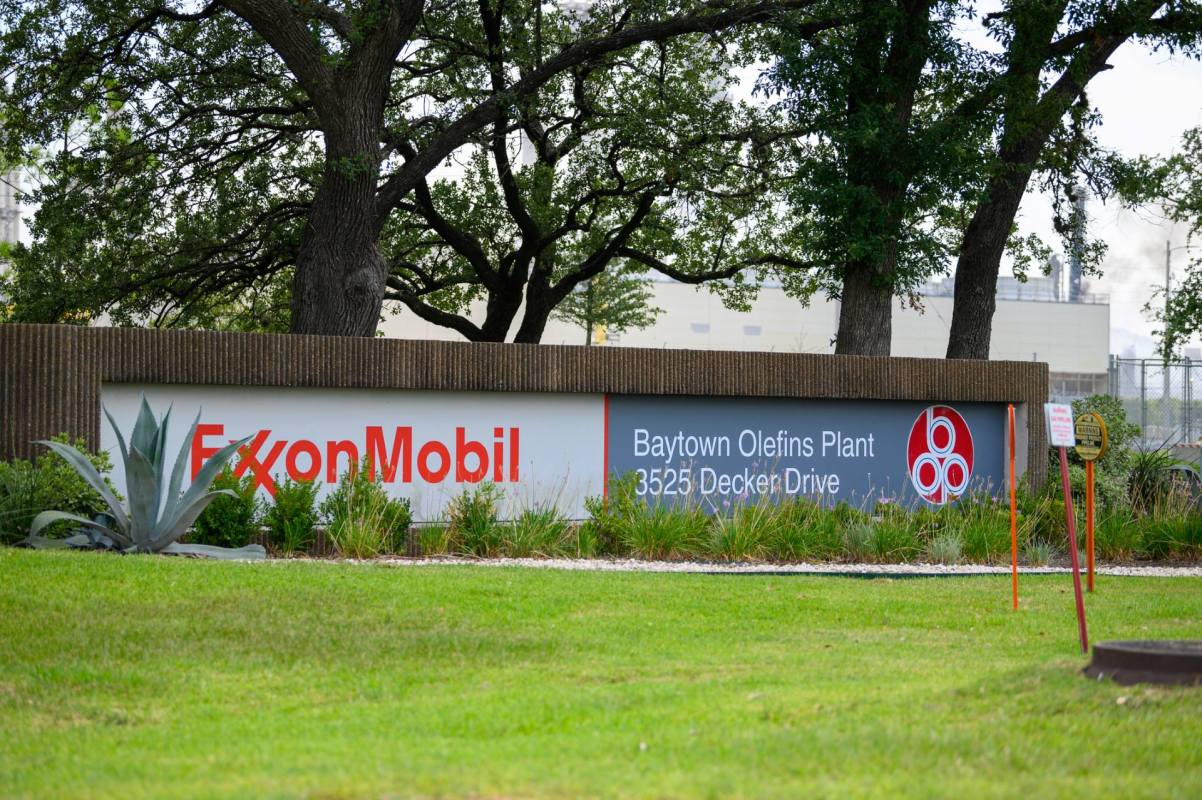Nearly 60% of a group of close to 300 powerful businesses are allegedly blowing hot air when it comes to promises about cleaning up operations.
The analysis of the Forbes Global 2000 companies, completed by nonprofit think tank InfluenceMap, found that lobbying efforts are at odds with pledges to cut air pollution, according to the report.
The companies in the analysis include industry juggernauts ExxonMobil, Stellantis, and Delta Air Lines, among other common names.
"Not only are many companies choosing to undermine their own climate commitments by lobbying against climate action, their net zero commitments are simply not credible," Catherine McKenna, chair of a United Nations group looking into net-zero commitments, said in a statement quoted by Reuters.
What's happening?
As companies curry public favor by announcing ambitious net-zero climate goals (cutting air pollution in operations to as close to zero as possible and paying for activities that offset the remainder), watchdogs monitoring the progress have found that many of them are lobbying against policies that align with the vision, stymying progress around the world along the way.
What's more, some of the businesses don't have a practical plan in place to achieve the goal. It's all part of a practice commonly called "greenwashing," according to IM's research.
How does it happen?
On its website, Exxon states that it is working toward net zero by 2050. The company also has what it calls a safe plan for gathering lithium in Arkansas, a boon for the electric vehicle industry.
However, the oil and gas giant opposed United States government power plant regulations while lobbying for expansion of the oil/gas industry, according to Reuters, citing IM's findings. Exxon also recently made a nearly $60 billion dirty fuel investment that includes oil reserves in Texas.
IM lists Exxon as a significant risk of "net zero greenwash" because of their "policy engagement."
"Governments are failing to progress climate policy at the speed needed, and corporate influence is a key reason why," study lead author Will Aitchison told Reuters.
Why is it important?
Buy-in from the world's biggest companies is important to achieve the UN's goal of limiting planet overheating to 2.7 degrees Fahrenheit above pre-industrial (1850-1900) temperatures in coming decades. This would prevent worst-case scenarios associated with rising mercury, per the experts.
"We need businesses to create a climate ambition loop where private sector leadership encourages and reinforces ambitious government action," McKenna told IM.
How can I help?
Stay updated on watchdog research. When a company claims to be working toward a cleaner process, don't take the commitment for granted. The knowledge will empower your investments and purchases with the planet's health in mind.
Research clean energy options where you live. It's possible that you can save money by using renewable power. EVs are becoming reliable, cheaper, and readily available. Consider one the next time you go car shopping. By not using gas pumps, you will be supporting the renewable sector with cleaner travel.
Often, even small buys make a difference. Everyday products, including makeup, have planet-friendlier brands.
Join our free newsletter for cool news and actionable info that makes it easy to help yourself while helping the planet.









